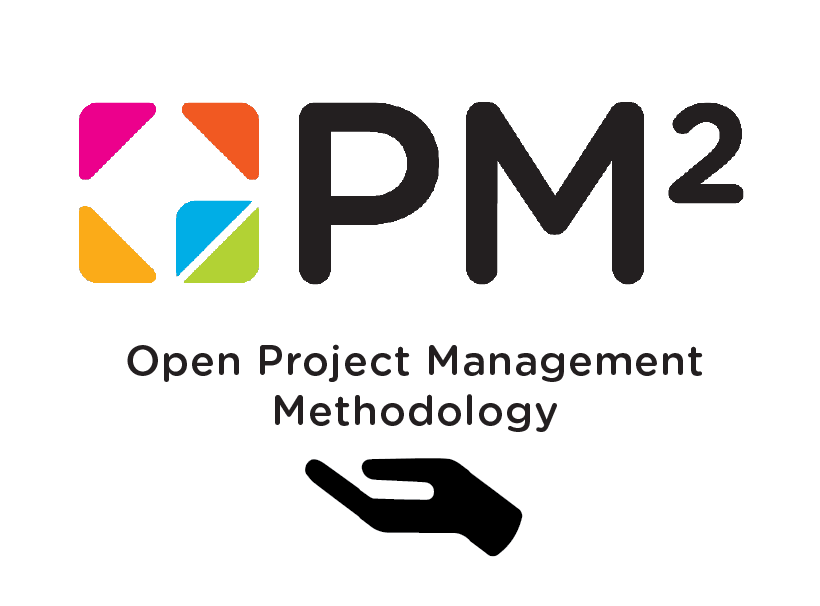Project work offers a real opportunity to overhaul government departments
Published in the Nr 19 - November 2019
MONTHLY FOCUS
As a direct result of the changing face of public service mandates and the need to better factor in citizens’ expectations and requirements in highly constrained contexts, organisation in “project mode” is taking shape in administrations. Departments must be able to reconcile hierarchical structures with cross-cutting teams in order to bolster effectiveness.
A number of countries, like France, are introducing strategies geared towards this and have no qualms in overhauling working and HR management methods. Although approaches may differ (as they are often closely correlated to the status of the relevant staff), they all have the same goal, namely to increase agility, flexibility and responsiveness.
Denmark is one of the trailblazers for this organisational model. For several years, its innovation laboratory (MindLab) has helped national, regional and local government departments to build multi-disciplinary teams. Since late 2018, all departments have been able to use the Teamunivers educational tool, which enables clear identification of the project teams’ composition and the challenges to be met, to choose the most appropriate organisational solution.
In Ireland, the recent Civil Service Renewal Plan set up a Project Management Leaders and Advisory Service (PMLAS). It coordinates a network of 200 senior managers who have broad autonomy and own resources (including new jobs under contracts for individual assignments). A best practice guide and a toolbox are available online on a special portal.
With its Free Agents programme, Canada is gradually building up a permanent pool of federal public servants who are available only for short-term assignments. Belgium also offers temporary assignments as part of its Special Federal Forces and Talent Exchange programmes.
Several studies have highlighted the fact that the new generations favour agile organisation, even making it a key criterion for the appeal of the public sector. Some countries are capitalising on this opportunity and are redefining jobs.
In the United Kingdom, the civil service has set up a Project Delivery Profession with an eye to targeted hiring. It offers a learning curriculum, mentoring, courses with accredited qualifications and customised professional support. There is also a Project Delivery Fast Stream providing direct access to management positions.
It is important that project-related assignments should be recognised and valued to the same extent as regular activities.
Germany has made this choice as civil servants (contract or established staff) receive a bonus for working in a project team provided they carry out a special activity for a limited period. This voluntary participation is also factored into internal promotion systems.
As an e-government pioneer, Estonia now strongly encourages the use of functional mobility for projects (at all hierarchical levels) as this is seen as the “best way for scaling up skills”.
Lastly, for several years, the European Union has been using project work in its institutions and has shared the PM² Methodology Guide, which it has drawn up in a more comprehensive version, with all the Member States. The guide includes information deriving from best practices and standards accepted at global level.
- For more information: europa.eu

